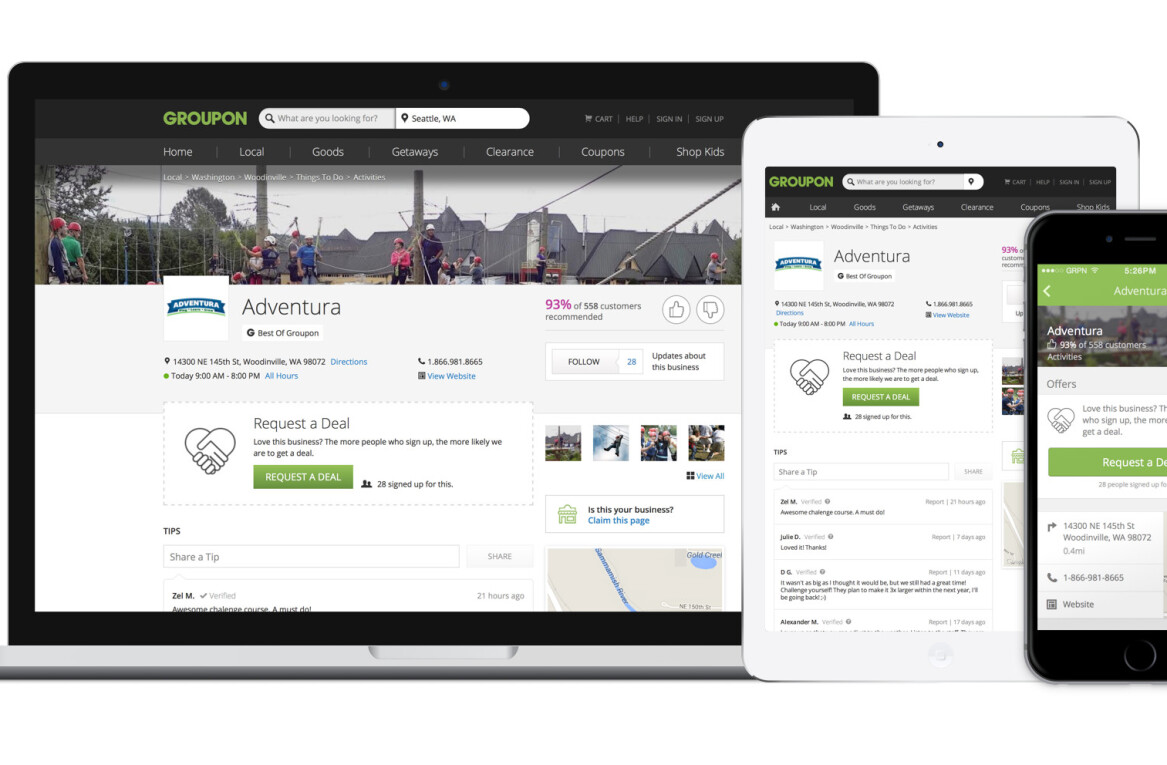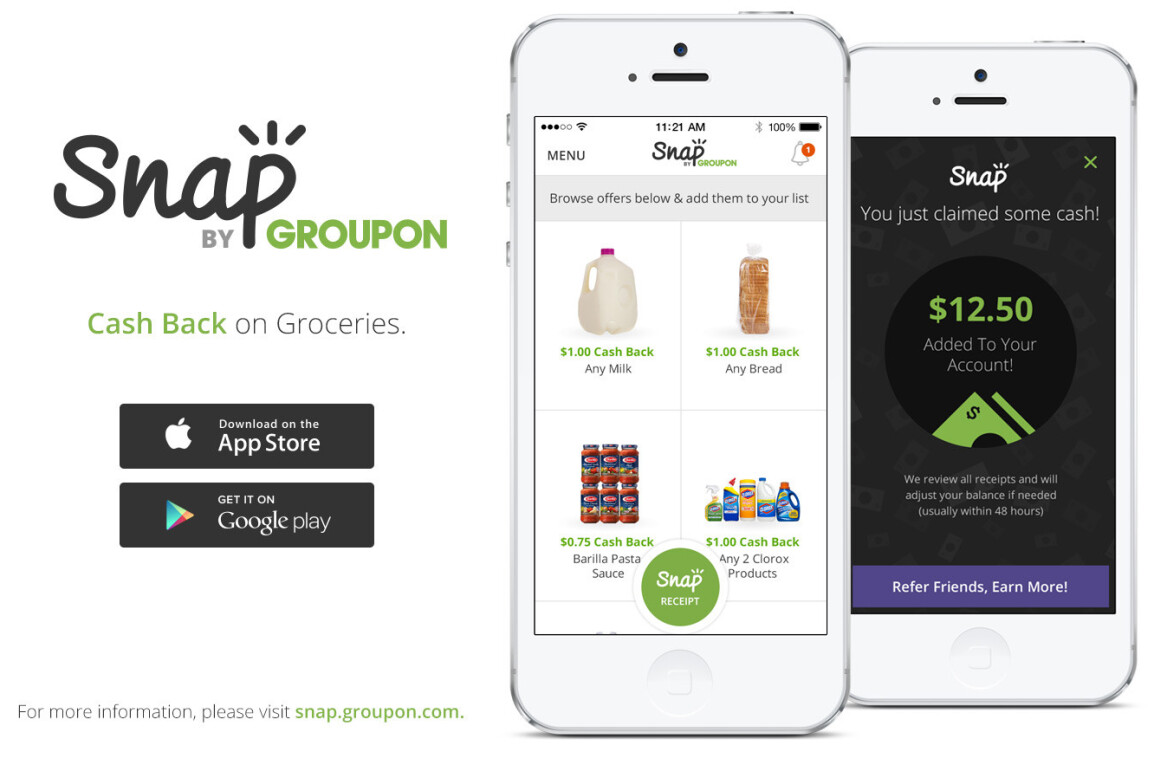
Groupon Middle East appears to be having a hard time competing against local competition, according to The National. In the space of six months, the group-buying giant has lost two CEOs.
Senior account manager at Groupon, Simon Pugh, told The National that Ainsley Duncombe has left Groupon: “Yes, Ainsley has left the company. Alexander Kappes is acting chief executive.” The reasons behind his departure were not made clear, as was the case with his predecessor, Faisal Haq.
This is not the first of Groupon’s woes that has made headlines. Last year, Groupon India was hacked, leaving usernames and passwords of its customers exposed. More recently, Groupon UK found itself the subject of an investigation over misleading adverts, an investigation which later led to a public apology.
Groupon inundated with complaints
The complaints in the Middle East, however, didn’t have anything to do with Groupon’s advertising, but rather with late deliveries and an apparent lack of customer service to deal with the situation. Some customers are reported to have waited over 2 months to receive products purchased through Groupon, while accusations of deleting complaints from Facebook has also been levied at the site.
The official Groupon UAE Facebook page is still receiving its fair share of complaints up until now. One user writes that her complaint has yet to be addressed, saying, “Kindly give importance to this matter as my voucher already expired…”
Another user writes, “I want to ask how can I get a deal I bought via your site groupon!! I have been waiting for 1 month and a half and still no response from you whenever I try to contact you!!! Will anyone be helpful enough?”
An example of the standard message being sent to Groupon users over the delays has been shared by yet another user on Facebook, blaming the delay on “unusually high volumes”:
“Your request (#55337) has been received and we are committed to responding to your inquiry as soon as possible. Our current response times are longer than normal due to unusually high volumes. Please allow up to 3 business days for a response. We appreciate your patience and ask that you do not send follow up emails prior to this time, as it may result in further delays”
Despite these issues, Groupon’s global expansion hasn’t slowed down one bit, recently launching in Thailand. Unlike its main competitor LivingSocial, Groupon tends to move into new markets with the help of ‘partners’, as opposed to outright acquisitions.
Facing fierce local competition
Groupon has been active in the Middle East since March 2011, with LivingSocial following close behind in June with its acquisition of local group buying site GoNabit. The third major player in the extremely crowded group buying market in the Middle East is local competitor Cobone, with a presence in 14 cities in the region.
In stark contrast to Groupon, LivingSocial is seeing record breaking deals in Lebanon, while Cobone boasts a market share of 70% as well as a record sale of $100,000 worth of brunches in the space of 13 hours in Dubai. Cobone has also been seen outpacing Groupon on all fronts – whether in revenue, social media engagement or even finding the right merchants.
Groupon’s problems, while varied, could possibly come down to one major factor – localization. In both LivingSocial and Cobone, Groupon is competing with localized sites.
Speaking to The Next Web last year, Sinan Khatib of Offerna, a Cairo-based group buying site, emphasized the importance of understanding the local market, including merchants:
“You have to know the dynamic of the local merchant. Every local merchant has a different psychology – how much can you push and pull, how in touch are they with new modern ways of doing business.”
On the other hand, Groupon has been looking to international merchants to provide products, in the hopes of getting a better deal. Groupon does not appear to have taken into account possible shipping delays, leaving it with a deluge of complaints.
There is certainly no shortage of group buying sites in the Middle East, as it has proven to be the most popular model for entrepreneurs in the region. We’ve seen everything from outright Groupon clones to sites catering to niche markets such as real estate group buying sites and offers open only to BlackBerry owners.
While attempting to find some elbow room in the market, Groupon seems to have quite a few additional issues to worry about, leaving the path wide open for its competitors.
Get the TNW newsletter
Get the most important tech news in your inbox each week.





